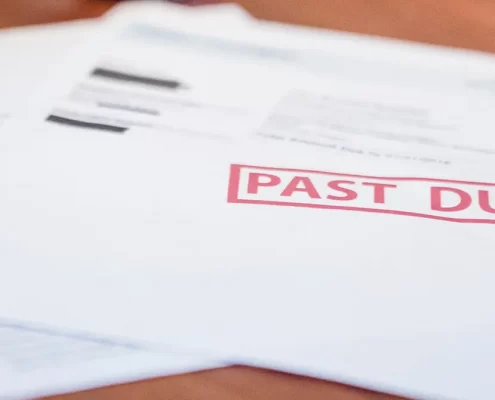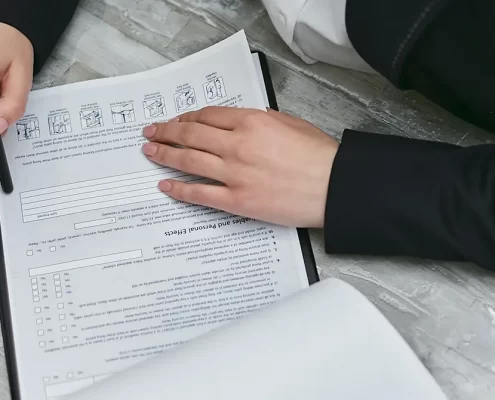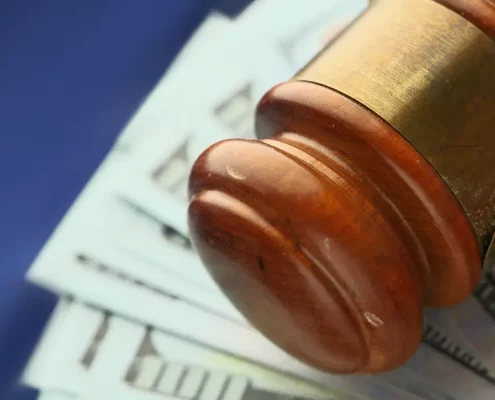
Can you Garnish Wages for Debts in Pennsylvania?
Bankruptcy, Landlord/TenantWage garnishment is a legal process by which a creditor (that is, someone who is owed money) collects that money directly from a debtor’s employer. The employer, when sending out its payroll through paycheck or direct deposit, is required…

Do I have too much debt to file for bankruptcy?
BankruptcyYou don’t have too much debt for bankruptcy!
There is no such thing as having “too much debt” to file for bankruptcy. Sometimes, individuals believe their debt problems are too severe to get bankruptcy relief from the federal courts.…

Do I have to list all my creditors when I file for bankruptcy?
BankruptcyWhen filing for bankruptcy, a consumer is required to list all their creditors in their bankruptcy petition and schedules. This includes creditors for secured debts, such as a mortgage or car loan, and unsecured debts, such as credit card debt…

Can filing for bankruptcy disrupt my social security benefits?
BankruptcyBecause of bankruptcy’s reputation, it’s normal to have questions about filing. When it comes to your social security benefits, you don’t have to worry. Individuals who file for bankruptcy are typically able to keep their social security…

What is a bankruptcy creditors meeting?
BankruptcyIt sounds a lot worse than it is—a meeting of all your creditors with the chance to ask you questions under oath. A meeting of the creditors, also known as a 341 meeting or a section 341 meeting, is a formal meeting that occurs in the context…

Can filing for bankruptcy save your home from foreclosure?
Bankruptcy, PropertyFiling for bankruptcy can provide a homeowner with a way to save their home from foreclosure. When a homeowner files for bankruptcy, an automatic stay is put into effect, which temporarily stops most collection actions, including foreclosure…

What is the credit counseling requirement of bankruptcy?
BankruptcyThe credit counseling requirement is a crucial part of the bankruptcy process. Before an individual can file for bankruptcy, they must complete a credit counseling session with an approved agency. This requirement applies to both Chapter 7 and…
 https://cornerstonelaw.us/wp-content/uploads/2023/05/Bankruptcy-blog-header.webp
670
1760
Cornerstone Law
https://cornerstonelaw.us/wp-content/uploads/2017/06/cornerstone-law-black-300x109.png
Cornerstone Law2023-05-29 09:17:572023-08-15 11:10:13Is it too late to file for bankruptcy once I’ve been sued?
https://cornerstonelaw.us/wp-content/uploads/2023/05/Bankruptcy-blog-header.webp
670
1760
Cornerstone Law
https://cornerstonelaw.us/wp-content/uploads/2017/06/cornerstone-law-black-300x109.png
Cornerstone Law2023-05-29 09:17:572023-08-15 11:10:13Is it too late to file for bankruptcy once I’ve been sued?